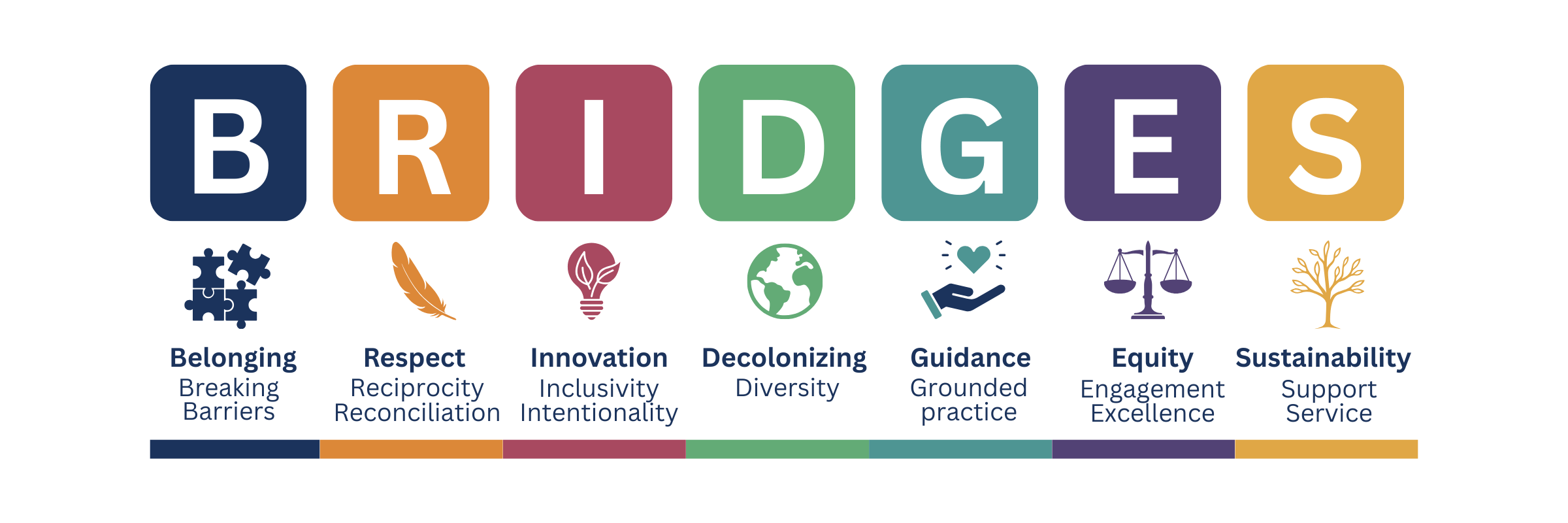Our Programs
Program Leads: Dr. Joshua Lawson, Dr. James Dosman, Dr. Punam Pahwa, Dr. Shelley Kirychuk,
Laboratory: Respiratory and Epidemiology Lab
- Indigenous Health
- Sleep Health
- Mental Health
- Respiratory Health
- Injury
Outputs
Program Leads: Dr. Debra Morgan, Dr. Julie Kosteniuk
Facility: Rural and Remote Memory Clinic
The Rural Dementia Action Research website was initially created to support the research initiatives of members of a New Emerging Team grant (2003-2009) funded by the Canadian Institutes of Health Research (CIHR). Funding through an Applied Chair in Health Services and Policy Research (2009-2015) from CIHR and the Saskatchewan Health Research Foundation (SHRF) allowed the research team at the University of Saskatchewan to build on the momentum gained during the previous years. Current funding from both the Canadian Consortium on Neurodegeneration in Aging [CCNA] (2014-2019) and SHRF, and a CIHR Foundation Grant (2016-2023) supports our research activities. This funding supports our research activities and projects with research partners in other regions in Canada and internationally. A growing area of need in the current health care system, rural dementia care is demanding the attention of health care providers, researchers, and policy makers.
The objectives of the memory clinic study are to increase the availability and accessibility of dementia care in rural and remote areas, to determine the acceptability of the one-stop clinic and of telehealth versus regular follow-up, and to develop culturally appropriate assessment protocols for assessment of dementia in aboriginal older adults. Our focus is on diagnosis and management of atypical and complex cases of suspected dementia, where an interdisciplinary team assessment is most needed.
Program Leads: Dr. Shelley Kirychuk, Dr. Niels Koehncke
Program Manager: Kendra Ulmer
Laboratory: Knowledge Translation Lab
Facility: Agricultural Health and Safety Network Website
In 1988, the Agricultural Health & Safety Network (The Network) began as a joint venture between the Centre for Agricultural Medicine, Saskatchewan Association of Rural Municipalities (SARM) and six Saskatchewan Rural Municipalities.
Since then, the Centre for Agricultural Medicine became the Institute of Agricultural Rural and Environmental Health and eventually to what is now known as the Canadian Centre for Rural and Agricultural Health. The Network functions as part of the Centre’s rural extension division and has grown to 196 RMs in 2023. From the Network’s location at the University of Saskatchewan, occupational health and safety information and programs are delivered to over 27,000 Saskatchewan farm families - more than half of all the farm families in Saskatchewan.
Program Lead: Dr. Angelica Lang
Laboratory: Shoulder Health and Ergonomics Research Laboratory
The overall intended contribution of the Musculoskeletal Health and Ergonomics program is improve health through enhanced understanding and application of ergonomic, return-to-work, and rehabilitation interventions.
The Musculoskeletal Health and Ergonomics program has greatly expanded the research capacity for musculoskeletal health, ergonomics, and biomechanics at the University of Saskatchewan through our Musculoskeletal Health and Ergonomics Laboratory.
The vision is to improve musculoskeletal health and quality of life of people around the world, but with a focus on Saskatchewan. Our goal is to understand how movement and biomechanics are related to injury, musculoskeletal health, and work. We intend to develop robust methods for measurement and analysis in the lab, field, and clinic to comprehensively define motion, particularly of the upper limb, across acute and chronic musculoskeletal conditions.
Outputs
Program Lead: Dr. Brenna Bath
Facility: Musculoskeletal Health and Access to Care Website
Musculoskeletal (MSK) conditions, such as low back pain, are a significant worldwide population health challenge. MSK health is interconnected to physical, psychological, and social factors, thus understanding causes and management of MSK conditions often requires taking a broad, interdisciplinary perspective.
A significant portion of research projects under the Musculoskeletal Health and Access to Care (MHAC) research group have a focus on chronic back pain and access to non-pharmacological management and services. MSK conditions, including chronic back pain, impair quality of life, and place economic burden on individuals, communities, and the health care system.
MHAC research areas and approaches include:
- Prevention and Management of Chronic MSK Disorders
- Teams and Technology Approach to MSK Care
- Health Services Research
- Equitable Access to Health Care
- Rural & Remote Health
- Population Health
- Integrated Knowledge Translation
- Mixed Methods (qualitative and quantitative)
Program Lead: Dr. Shelley Kirychuk and Dr. Niels Koehcnke
Laboratory: Occupational Hygiene Lab
The Rural and Agricultural Industrial Hygiene program focuses on maintaining workplace health and safety by identifying, evaluating, and controlling exposure to chemical, physical, ergonomic and biological hazards to reduce stresses on the worker and implement control measures. By doing so, it will reduce the incidences of impaired health and sickness in agriculture and other rural based industries and populations.
Program Lead: Dr. George Katselis
Laboratory: Mass Spectrometry Lab for Omics Research
Using modern analytical laboratory techniques for clinical, environmental, agricultural, rural and occupational health applications.
Program Lead: Dr. Sarah Oosman
Laboratory: Rural Access to Care Laboratory
The Bridges Research Collective is a community-led, relationship-centred research team working alongside Métis and First Nations partners across northern Saskatchewan and beyond. Our work brings together Elders, youth, scholars, clinicians, and community partners who share a commitment to culturally grounded wellness, intergenerational knowledge, and equitable health systems.

